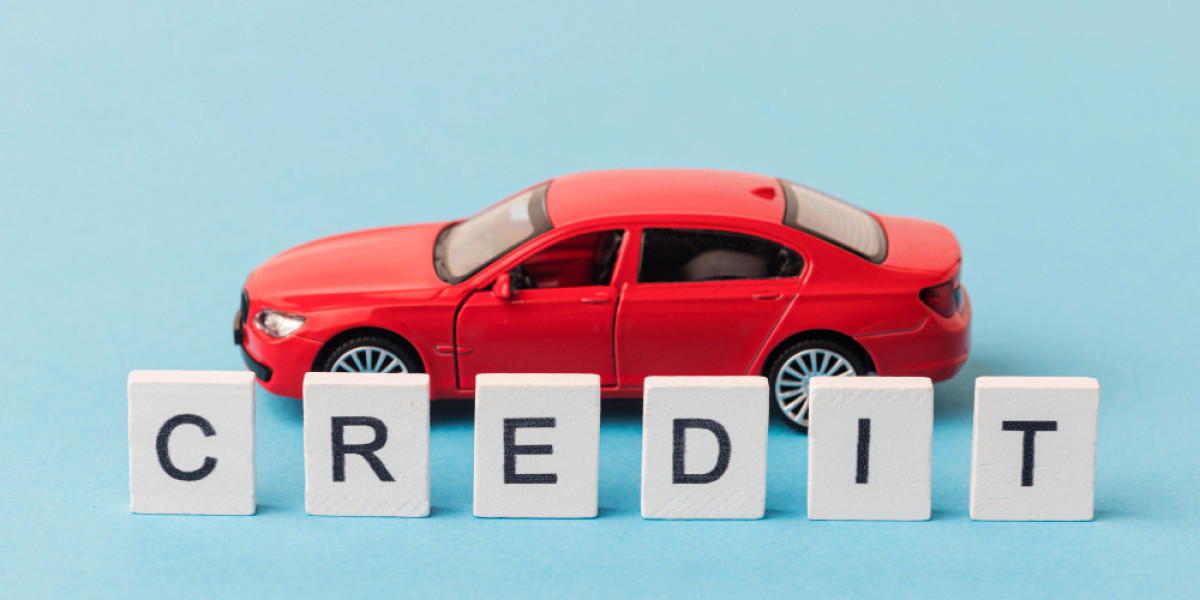Many people believe having bad or no credit automatically disqualifies them from getting a car loan, but that is not always the case. Bad credit auto loans and no credit auto financing options are available that can help individuals secure a vehicle despite their credit challenges. These loans often come with tailored approval processes that consider factors beyond traditional credit scores.
Lenders specializing in these loans aim to provide access to financing for a wide range of credit histories. Some plans even include credit rebuilding benefits, allowing borrowers to improve their credit standing while making payments on a vehicle. Understanding these options can open doors for those who might otherwise feel excluded from the car buying process.
Understanding Bad Credit Auto Loans and No Credit Auto Financing
Borrowers with limited or poor credit face distinct challenges when seeking vehicle financing. Credit history directly impacts loan terms, and lenders vary widely in how they accommodate these risks. Knowing the criteria and lender options can improve approval chances and loan conditions.
What Qualifies as Bad Credit or No Credit
Bad credit typically refers to a credit score below 600, signaling financial difficulty or past delinquencies. This can include missed payments, defaults, bankruptcies, or high debt-to-income ratios. No credit means the borrower has little or no credit history, so lenders cannot evaluate past borrowing behavior.
Both situations make lenders cautious because they lack reassurance about repayment ability.
In these cases, documentation such as steady income or proof of residence may partially replace traditional credit checks. A reliable down payment can also mitigate lender risk, improving chances of approval and more favorable terms.
How Credit Scores Affect Auto Loan Approval
Credit scores greatly influence interest rates, loan amounts, and approval likelihood. A higher score typically means lower interest rates and longer repayment options. Those with bad credit often face higher rates and stricter terms.
Lenders calculate risk partly by examining credit reports for payment history and outstanding debts. A low score triggers higher interest as compensation for the increased risk.
Some lenders use online prequalification tools that do not impact credit scores, helping borrowers assess potential loan conditions before applying.
Making a large down payment or having a co-signer with good credit can improve loan terms and approval chances.
Types of Lenders for Challenging Credit
Subprime lenders specialize in loans for borrowers with bad or no credit. These include:
- Specialty auto finance companies that focus solely on high-risk borrowers
- Large dealer networks offering in-house financing with flexible terms
- Online lenders providing fast applications and prequalification
- Banks and credit unions occasionally offering loans but often with stricter criteria
Each lender offers different loan features, from down payment requirements to loan length and interest rates.
Borrowers should shop around and compare offers to find the best fit. Using online resources or broker services can help identify lenders willing to work with poor or no credit profiles.
Steps to Secure Auto Financing with Poor or No Credit
Securing auto financing with poor or no credit requires a focused approach. This includes preparing necessary documents, improving approval chances through strategic actions, and negotiating terms effectively to find the best deal.
Preparing Your Application
A complete and organized application is crucial. Collect proof of steady income, such as pay stubs or bank statements, to demonstrate repayment ability. A valid ID, proof of residence, and any prior loan or credit history—even if limited or negative—should be included.
A solid down payment can improve approval odds. Lenders view larger upfront payments as lower risk. Preparing a realistic budget to know how much one can afford monthly helps avoid overextending financially.
Compile references or co-signer details if available. This can reinforce credibility, especially with no credit history. Accuracy in the application avoids delays or denials caused by incomplete or inconsistent information.
Improving Your Chances of Approval
Lenders look for signs of financial responsibility beyond credit scores. Demonstrating stable employment for at least six months can improve prospects. Reducing existing debt before applying also helps by lowering the debt-to-income ratio.
Building credit where possible is valuable. This may include paying off small debts or securing a credit-builder loan. Using a secured credit card responsibly can gradually boost creditworthiness.
Choosing lenders that specialize in no credit or bad credit loans is key. These lenders understand unique challenges and offer flexible underwriting standards. Comparing offers from multiple lenders helps identify the most accessible financing options.
Negotiating Loan Terms with Lenders
When negotiating, prioritize interest rates and loan duration. Longer terms reduce monthly payments but may increase total interest paid. Shorter terms save money overall but require higher monthly payments.
Request clear explanations of all fees, including origination, late payment, and prepayment penalties. Understanding the total cost prevents surprises.
If possible, negotiate a lower interest rate by offering a larger down payment or agreeing to automatic payments. Demonstrating willingness to maintain good payment behavior can encourage better terms.
Be wary of add-ons like extended warranties or insurance that increase monthly costs. Focus on essentials and revisit optional services after securing base financing.



